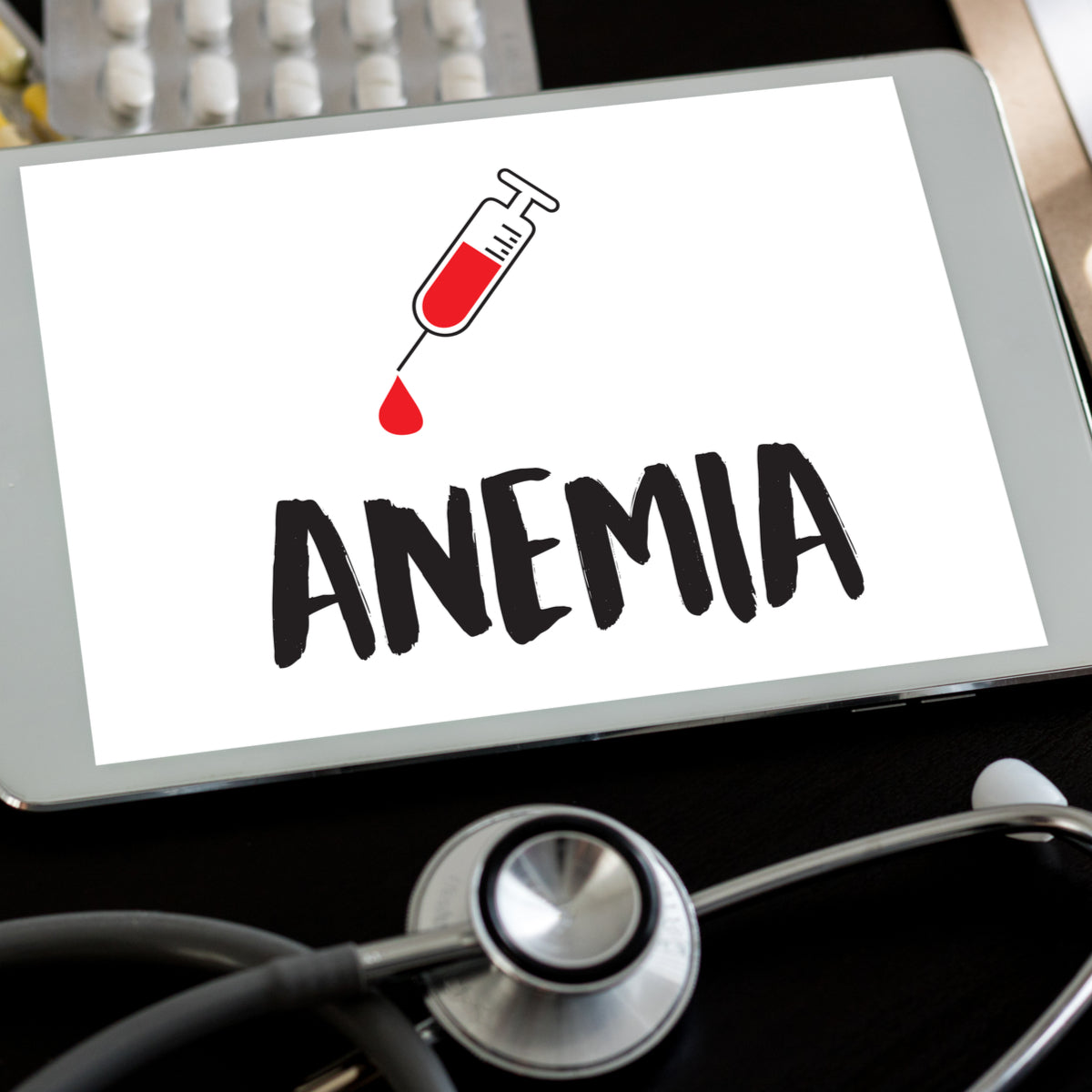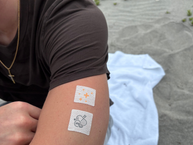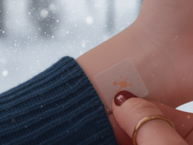Iron deficiency is the most common mineral deficiency worldwide. By knowing the signs of this familiar ailment, you can treat it as soon as possible, and get back to feeling healthier and more energetic. PatchAid Iron Patches and the PatchAid Multivitamin Plus Patch with Iron are supplements that have high amounts of iron. Be sure to ask your doctor before taking any dietary or nutritional supplement.
Signs of Iron Deficiency
Iron is an essential mineral in the diet that is needed to form healthy red blood cells and for a normal metabolism. It’s also part of a strong immune system. Iron deficiency leads to a condition called iron-deficiency anemia.
Some common signs of iron deficiency are:
- Fatigue and muscle weakness.
- Pale skin.
- Cold hands and feet.
- Brittle nails.
- Headache or dizziness.
You’re more likely to have iron deficiency if you are a female of child-bearing age, if you’ve had weight loss surgery, or if you have a bleeding disorder.
There are a lot of signs of iron deficiency that can be confused with symptoms of other health conditions, so it’s best to talk to your healthcare provider if you have any health concerns. There are certain blood tests your doctor can order to help determine if you have an iron deficiency.
Iron Food Sources
Iron is naturally found in foods in two forms: heme and non-heme. The heme form of iron is more absorbable and it is only naturally in animal-source foods, such as:
- Beef and pork
- Chicken
- Eggs
- Fish and shellfish
- Dairy products
Plants and animal products have a form of iron called non-heme iron. Some plant-based sources of non-heme iron are:
- Broccoli and brussels sprouts
- Spinach, collard greens, and other greens
- Tomatoes
- Lima beans
- Beans and lentils
- Potatoes
Non-heme iron is less absorbable than heme iron, and can be made even less so when combined with components of other foods (such as beans and coffee). However, you can combat lowered absorption by ensuring you take plenty of vitamin C when you eat a plant-based food source of iron.
Iron Supplements and Iron Patches for Iron Deficiency
Compared to food sources, an iron supplement is far superior when used to combat an iron deficiency. Oral supplements, such as capsules, are often linked to side effects such as constipation, diarrhea, and upset stomach, and can also interfere with absorption of other nutrients such as calcium.
Iron patches do not cause gastrointestinal side effects, and you don’t have to worry about when to eat or whether they interfere with the absorption of other nutrients. Some PatchAid patches that include high levels of iron include:
Ask your healthcare provider which iron patch may be right for you if you have an iron deficiency or you want to prevent one. PatchAid patches are easy to use and convenient.
*The Food and Drug Administration has not evaluated these statements. PatchAid patches are not intended to diagnose, treat, cure or prevent any disease. Anyone with a medical condition should seek the advice of a licensed medical practitioner. Individual results may vary.







